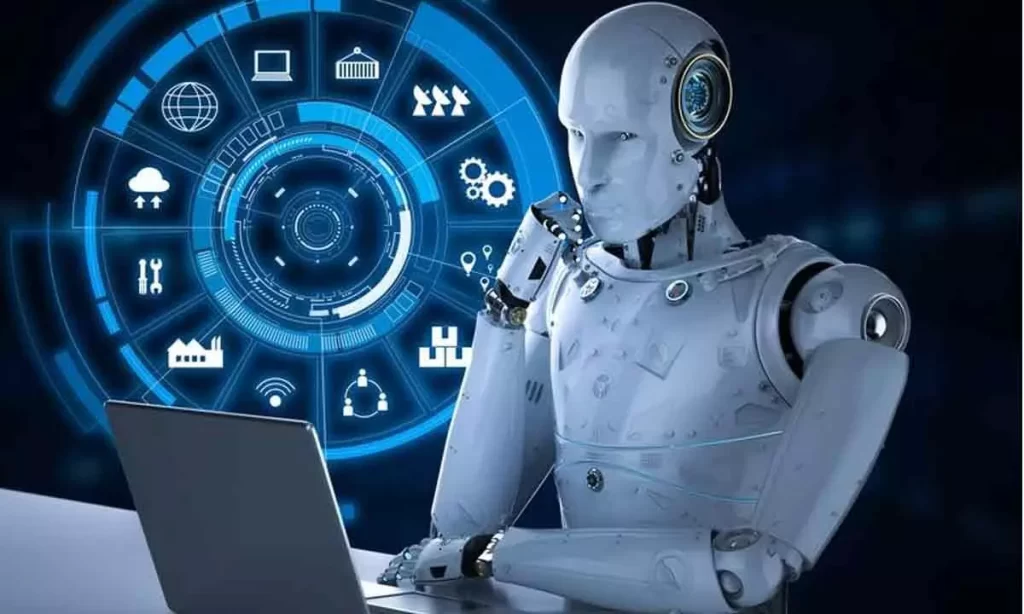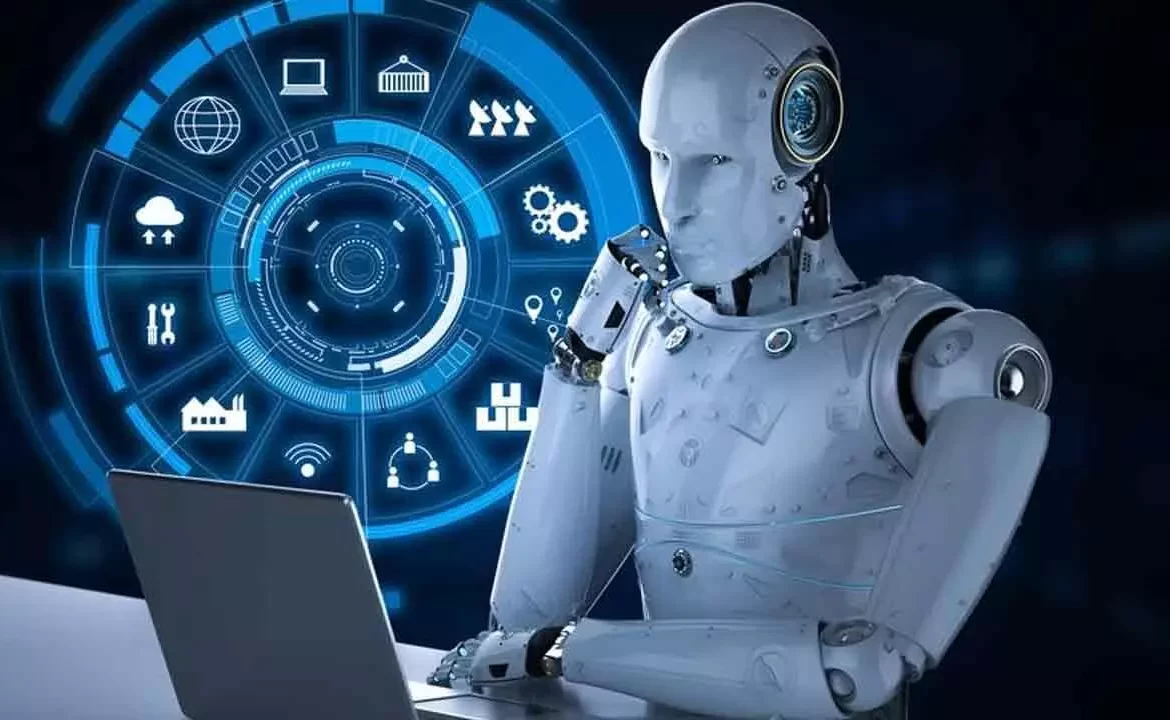Talent acquisition in the healthcare industry can be significantly enhanced through the application of AI in recruitment processes. AI technologies offer numerous advantages that can streamline and improve the efficiency of talent acquisition, ensuring healthcare organizations can identify and hire the best candidates for their specific needs.
- Automated Resume Screening: AI-powered systems can automatically screen and analyse resumes, CVs, and other applicant documents to identify relevant skills, experience, and qualifications. This helps to save time and effort for HR teams by filtering out unqualified candidates, allowing them to focus on reviewing the most suitable applicants.
- Improved Candidate Matching: AI algorithms can compare job requirements with candidate profiles, considering factors such as education, certifications, experience, and skills. By leveraging machine learning, AI systems can identify patterns and make more accurate recommendations for matching candidates to specific healthcare roles.
- Behavioural Assessments: AI can incorporate behavioural assessments during the recruitment process, analysing candidate responses to specific questions or scenarios. This helps assess qualities like critical thinking, empathy, and decision-making abilities, which are crucial in healthcare roles. AI-powered tools can provide objective insights into a candidate’s suitability for a particular position.
- Predictive Analytics: AI can analyse large volumes of historical data from successful healthcare professionals to identify patterns and factors that contribute to job performance and long-term success. This enables organizations to create predictive models that identify high-potential candidates and reduce turnover rates.
- Chatbots for Candidate Engagement: AI-driven chatbots can interact with candidates, answer their questions, and provide information about the organization and job opportunities. Chatbots can work 24/7, improving the candidate experience by providing instant responses, scheduling interviews, and guiding candidates through the application process.
- Streamlined Interview Process: AI can assist in scheduling interviews, suggesting suitable time slots based on availability, and automatically coordinating with multiple stakeholders involved in the interview process. Additionally, AI-powered video interviewing tools can facilitate remote interviews, enabling more efficient and convenient candidate evaluations.
- Onboarding and Training Support: AI systems can assist in the onboarding process by providing personalized training plans, resources, and recommendations based on a new employee’s specific role and skill gaps. This helps to accelerate the integration of new hires into their positions and ensures a smoother transition.
- Diversity and Inclusion: AI can help reduce unconscious bias in the recruitment process by focusing on objective criteria rather than subjective factors. Algorithms can be designed to promote diversity and inclusion by disregarding demographic information and instead emphasizing qualifications and skills
- Passive Candidate Identification: AI can assist in identifying and engaging with passive candidates who may not be actively seeking new opportunities but possess the desired skills and experience. By analysing online professional profiles, social media data, and other sources, AI algorithms can proactively identify potential candidates who align with specific healthcare roles.
- Skills Gap Analysis: AI can help healthcare organizations identify skill gaps within their existing workforce and develop targeted strategies for talent acquisition and development. By analysing employee performance data and comparing it to industry benchmarks, AI can provide insights into areas where additional training or hiring is required to bridge the skills gap.
- Succession Planning: AI-powered talent acquisition systems can analyse workforce data, performance records, and employee development trajectories to identify potential successors for critical leadership positions. This helps healthcare organizations proactively plan for future leadership needs and ensure a smooth transition when key personnel retire or leave.
- Candidate Experience Enhancement: AI can personalize the candidate experience by tailoring job recommendations, providing real-time feedback on application status, and delivering customized content to candidates. This not only enhances engagement but also improves the overall employer brand and reputation.
- Continuous Talent Relationship Management: AI enables healthcare organizations to maintain a database of potential candidates and build relationships with them over time. By leveraging AI-driven candidate relationship management (CRM) tools, recruiters can stay connected with candidates, nurture relationships, and engage with them when suitable opportunities arise.
- Performance Prediction and Retention: AI can analyse various data points, such as employee performance metrics, engagement levels, and feedback, to predict future job performance and identify individuals at risk of attrition. This allows healthcare organizations to take proactive measures to address performance issues or implement retention strategies to reduce turnover.
- Ethical and Fair Recruitment Practices: While using AI in talent acquisition, it is crucial to ensure fairness, transparency, and ethical considerations. AI algorithms should be regularly audited to identify and address any biases that may emerge in the recruitment process. Organizations should also provide clear communication about how AI is being used and ensure candidates have the opportunity to engage with a human recruiter if needed.
By leveraging the capabilities of AI in talent acquisition, the healthcare industry can transform its recruitment processes to identify, attract, and retain top talent. These advancements not only enhance the efficiency and effectiveness of hiring but also contribute to improving patient care, driving innovation, and advancing the healthcare industry as a whole.
Next Innovation Asia


